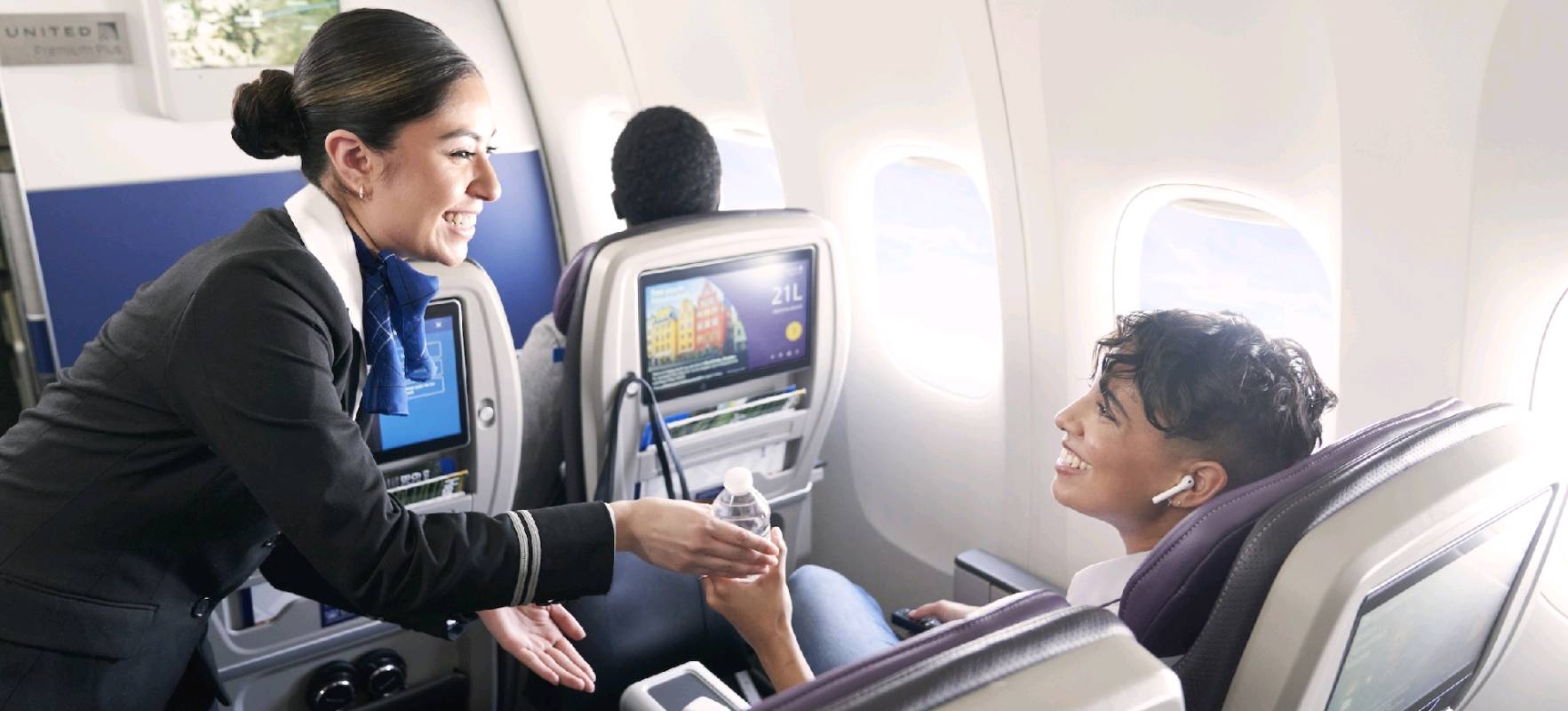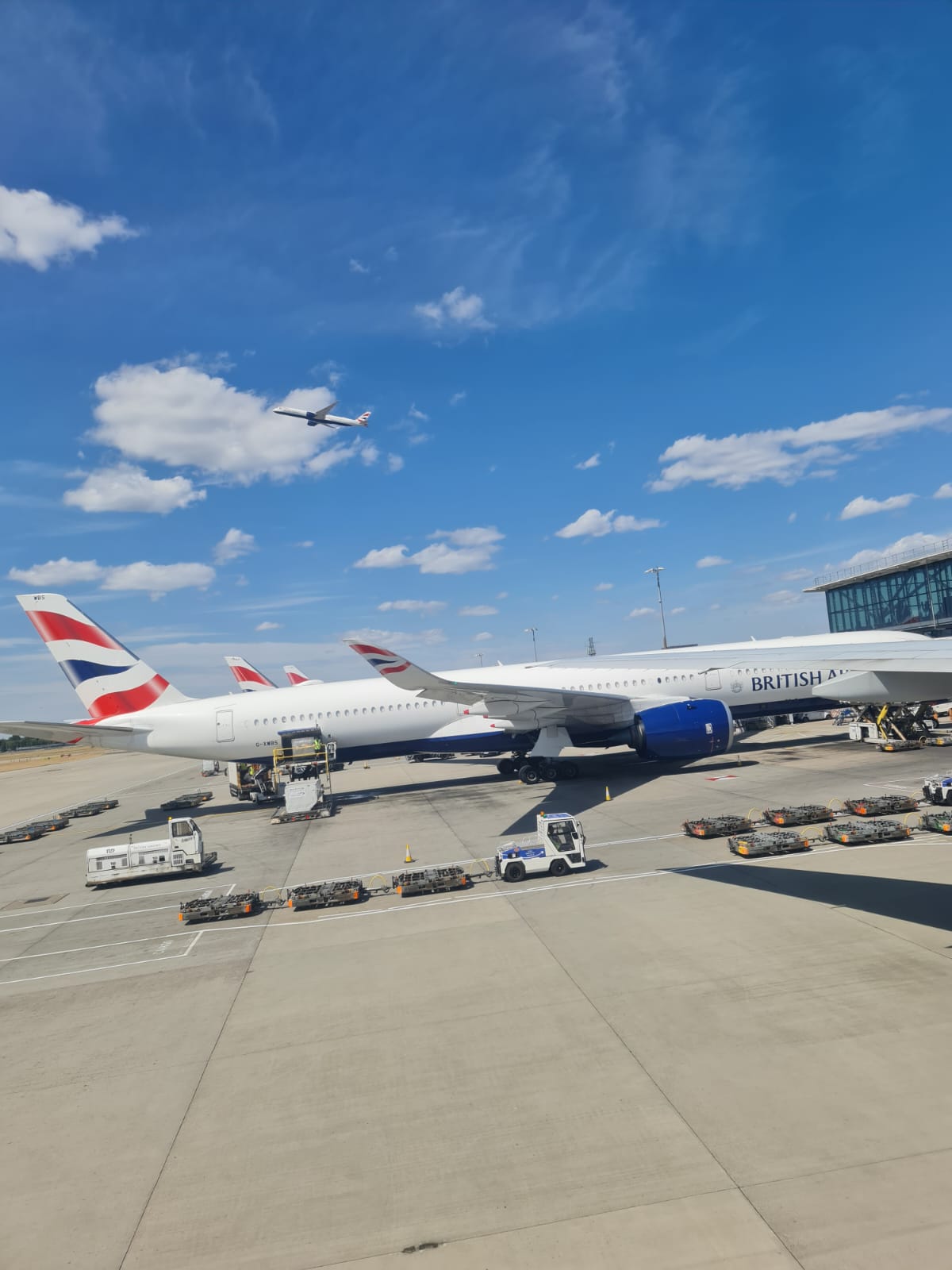(UNITED STATES) Facing a summer of viral videos and angry gate areas, multiple U.S. and international airlines have apologized after passengers were asked to disembark because aircraft exceeded weight limits, prompting a U.S. Department of Transportation (DOT) review in August 2025 and a wave of policy clarifications across the industry. Unlike classic overbooking, these removals are tied to aircraft performance and safety rules, and they do not trigger the same compensation rights under federal regulations. Airlines say safety comes first; consumer groups say the rules feel uneven when travelers are told to leave their seats after boarding.
In July, two widely reported U.S. cases drew national attention: an American Airlines flight from Dallas to Denver and a United flight from Newark to Miami. In both incidents, passengers were told to disembark after boarding due to “operational weight restrictions” linked to weather and aircraft performance. The images—distressed families, crowded gate podiums—spread quickly online.

Both carriers issued public apologies, pledging to review procedures to reduce last‑minute disruptions and to improve communication when weight and balance require unexpected changes.
DOT review and regulatory distinctions
The DOT confirmed it is “reviewing recent incidents involving passenger removals for weight and balance compliance” and has been discussing transparency and passenger rights with major carriers through August 2025.
- Regulators stressed airlines must follow their published contracts of carriage and cannot discriminate when deciding who must disembark for safety, security, or operational reasons.
- The department draws a clear line between oversales and operational removals:
- Being asked to disembark due to weight limits is not the same as being involuntarily bumped from an oversold flight.
- Therefore, federal cash compensation rules for oversales do not automatically apply to weight‑related removals.
Why weight and balance removals are happening more often
The renewed scrutiny follows stricter enforcement of aircraft weight and balance practices seen in 2025, connected in industry discussions to new FAA guidance and attention after several near‑incidents in 2024.
Airlines have updated policies and messaging to warn passengers that they may be removed when performance factors—such as heat, altitude, runway length, or last‑minute cargo—push an aircraft over safe limits.
Carriers emphasize these decisions are rooted in engineering and safety: fuel loads, passenger counts, bags, and cargo must all fit within the aircraft’s performance envelope before takeoff.
The passenger experience and selection process
While the event often feels the same to travelers—get on, then get pulled off—federal rules treat the causes differently.
- Overbooking is a commercial decision and triggers structured DOT compensation for involuntary bumps.
- Weight and balance decisions are safety‑driven and fall under operational authority; thus, no mandatory cash compensation applies.
In response to public backlash, many carriers in 2025 have offered meal credits, vouchers, and priority rebooking as goodwill gestures.
Airlines are under pressure to act earlier. Gate teams are now encouraged to forecast weight problems before boarding whenever possible, but last‑minute variables remain:
- changes in winds and temperature
- unexpected cargo
- swapping aircraft types
As a result, some removals still occur after seats are taken and bags are stowed. Passengers report that timing feels especially unfair.
Selection for removal can vary by airline and flight. Internal priorities sometimes include:
- check‑in time
- fare class
- frequent flyer status
- special needs
Carriers do not always disclose the exact order of priority, and that opacity fuels frustration.
Industry updates to policies and communication
According to analysis by VisaVerge.com, carriers have updated their contracts of carriage and check‑in flows to include explicit warnings about potential removals for weight and balance, especially in hot weather or at high‑altitude airports.
Gate scripts now call for clear, timely explanations and often for a written notice stating the operational reason. The DOT has urged airlines to improve real‑time communication and to avoid confusing passengers by mixing weight issues with oversales procedures.
Airlines also report investments in:
- better load‑planning tools
- real‑time decision support
- discussions about automated alerts for passengers most at risk on weight‑restricted flights
As of August 2025, there is no standard, industry‑wide system for such alerts.
The DOT has urged better real‑time communication and written documentation when passengers are asked to leave for operational reasons.
Refunds, consumer protections, and how rules intersect
Consumers should be aware of a separate federal protection effective October 2024: when a flight is significantly changed or canceled, travelers are entitled to an automatic refund—not a voucher—within:
– 7 business days for credit card purchases
– 20 days for other payment methods
- Weight‑related removals do not automatically guarantee compensation.
- However, they can trigger refund rights if the disruption meets the threshold of a significant change or cancellation under the refund rule.
For details and complaint tools, see the DOT Aviation Consumer Protection page at https://www.transportation.gov/airconsumer.
Public reaction and stakeholder positions
Summer 2025 showed a wider pattern beyond two headline incidents: several major U.S. carriers—American, United, and Southwest—faced public anger after passengers were told to disembark for weight and balance reasons.
- Airlines apologized and promised changes; regulators asked for better disclosure and faster rebooking support.
- Passenger advocates (including FlyersRights.org and the National Consumers League) argue goodwill credits are insufficient. They seek:
- clear, mandatory compensation when safety‑driven operational limits force a removal after boarding
- early warnings before passengers enter the jet bridge
Industry voices counter that no airline wants to disembark paying customers. Crews and dispatchers make weight and balance calls based on aircraft performance and weather—sometimes a few more knots of tailwind on a hot day changes the calculation.
- Pilots must ensure the aircraft can meet takeoff and climb requirements.
- Airline unions have urged investment in better tools to spot risks earlier and to protect frontline staff from abuse when decisions spark anger.
Regulatory status as of August 2025
- The DOT review is active; regulators have not announced new federal mandates beyond the 2024 refund rule.
- The DOT is assessing whether additional transparency or compensation standards are needed.
- Airlines have rolled out policy changes (summarized below).
Policy changes implemented by carriers:
- Advance warnings
- Contracts of carriage and check‑in screens now note that passengers can be removed for operational weight limits, especially in extreme heat or at high altitude.
- Gate procedures
- Teams are instructed to flag likely weight issues before boarding, though last‑minute changes can still force removals after boarding.
- Selection criteria
- Priority for removal often considers check‑in time, fare class, status, and special needs. The lack of full transparency remains a source of frustration.
- Communication
- Carriers are urged to provide written documentation and explain why compensation rules differ from oversales.
Practical steps: What passengers can do right now
If you are asked to disembark for weight and balance, you still have rights and practical options:
- Request a written explanation.
- Ask the agent for a document stating the reason: operational weight and balance.
- Ask about assistance.
- Request rebooking help, meal credits, lounge access if available, and seat priority on the next flight.
- Document everything.
- Keep photos of your boarding pass and any written notices, and note the names of staff you spoke with.
- Use the refund rule when eligible.
- For a significant change or cancellation, ask for the automatic refund timelines: 7 business days for credit card purchases, 20 days for other payments.
- File a complaint if needed.
- If you believe the airline failed to follow its contract or discriminated in choosing who to disembark, submit a complaint at the DOT site: https://www.transportation.gov/airconsumer.
Context and outlook
Background trends help explain why weight‑related removals feel more common now:
- Before 2024, many weight‑related removals happened quietly.
- Fuller planes, tighter operating schedules, stricter FAA oversight, and the post‑pandemic push to keep aircraft flying raised the stakes.
- Viral incidents in 2024–2025, amplified by social media, pushed carriers to clarify policies and improve communication.
Looking ahead:
- The DOT has signaled it expects to issue new guidance or proposed rules later in 2025 on transparency and possible compensation for operational removals.
- Airlines say they will continue investing in better forecasting to reduce last‑minute surprises.
Until then, travelers should:
- Watch for weight limit advisories on hot‑weather and high‑altitude routes
- Read the contract of carriage
- Ask for clear explanations at the gate
- Request documentation, timely vouchers or rebooking, and keep records
For now, the bottom line is simple and unsatisfying: safety rules give airlines the authority to make hard calls at the last minute. DOT consumer rules give you refund rights for significant disruptions, but not automatic cash when you’re removed for weight and balance.
Between those poles is a real‑world negotiation at the gate. Ask for documentation. Ask for help. Keep your records. And if you believe the process was unfair, use the DOT’s complaint system to press for accountability.
This Article in a Nutshell
After viral weight‑related disembarkings, the DOT began a review in August 2025. Airlines updated warnings and procedures, offering vouchers and rebooking but federal oversales compensation rules don’t apply to operational removals. Passengers should request written reasons, document contacts, and use the DOT refund rule when eligible.













